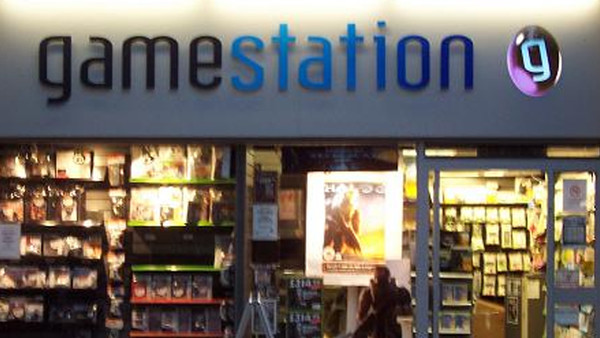7 Times The Video Game Industry Gave In To Greed
2. The Destruction Of The Second-Hand Market

If there’s one thing that video game publishers hate, it’s the concept of a sale that they don’t see a penny of, hence why so many of them are willing to extend their hatred towards the second hand video game market, and will, in some extreme cases, go to great lengths to stop the public from passing on their games.
We need only look back at EA dumping a tonne of “online passes” into their titles as an example of how they were looking to control the second hand market. Without these passes, certain aspects of the game were locked off and as they were one use codes, would effectively render a copy worthless if moved on. This hit an extreme when Kingdoms of Amalur, an entirely offline game, came bundled with an “online pass” that sought to give DLC that was clearly on the disc.
After this gambit died down, always-online DRM features hit the market, games that required a constant online connection, which was an attempt by publishers to once again curb the second hand market under the guise of offering “constantly updating titles”. The public backlash against these games was huge and soon saw the feature dropped. Yet this has given rise to the most long term strategy introduced by the publishers: the subscription model and downloadable games.
The concept of downloadable games completely cuts out the second hand market and keeps 100 percent of the sales within the grasps of the publishers, plus by offering players access to these immediately upon release, provide an actual incentive to purchase digital copies. A smart move, but one laced in greed as these games, lest we not forget, are the same price as retail despite not including the same manufacturing costs.
In other areas, we have the Xbox Game Pass and the PS+ models that include free games as an incentive to stay with the subscription and away from the used game market. After all, that £X.99 Sony and Microsoft are getting might be smaller than the sale of the game at full price, but it’s better than the absolute zero they were getting by letting consumers purchase off of other consumers.